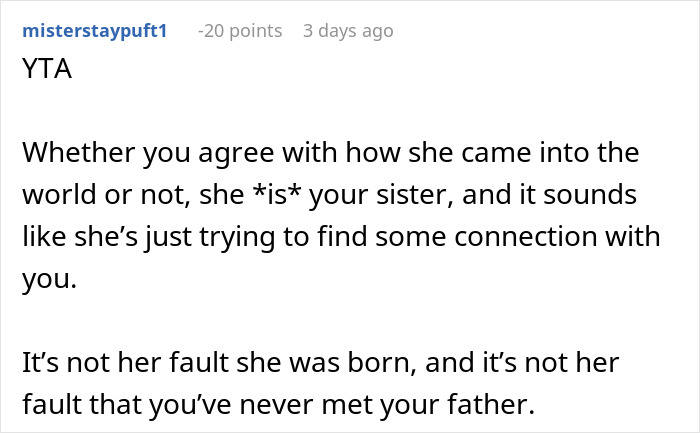Families often function the best under stable conditions where things like trust and clear boundaries are established.
However, Reddit user Careful_Will_7767 found himself thrust into a complicated situation after his absent father, who had walked out on his mother while she was pregnant, reappeared in his life. Or at least tried to.
The man was so unhappy that his estranged son repeatedly refused to form a relationship with his daughter—the teen’s half-sister—that he attempted to force a connection through their school.
This 16-year-old told his half-sister he wasn’t interested in spending time with her

Image credits: valeriygoncharukphoto / Envato (not the actual photo)
But she wouldn’t take no for an answer
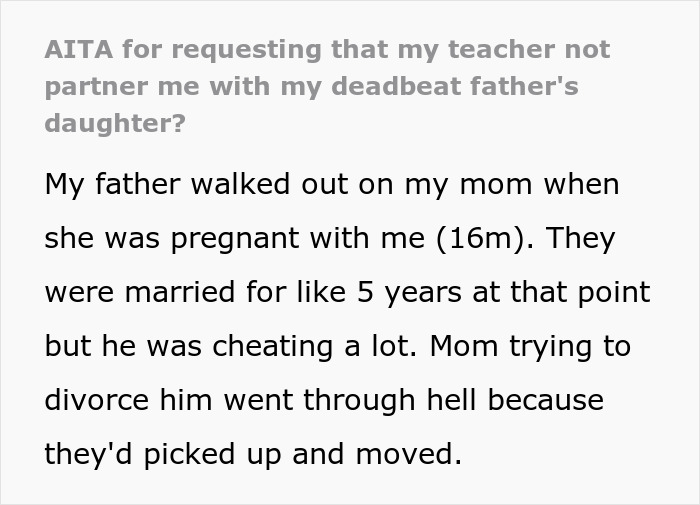
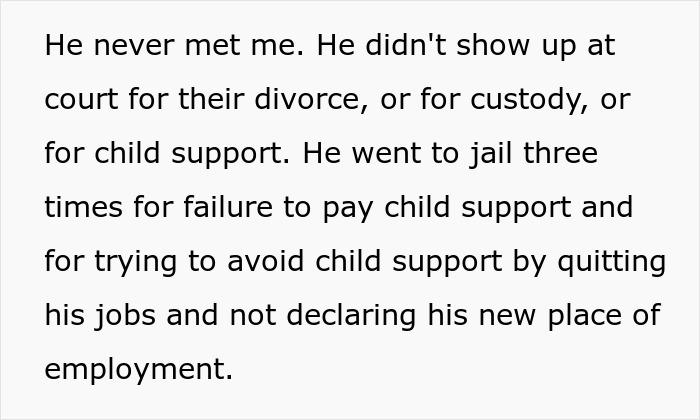
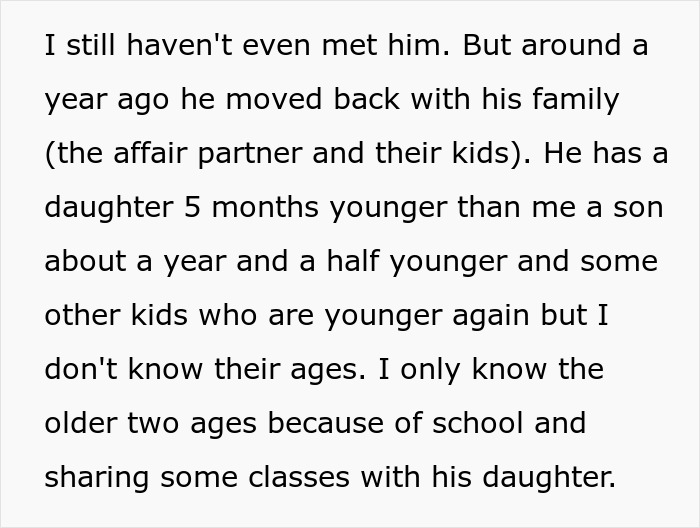
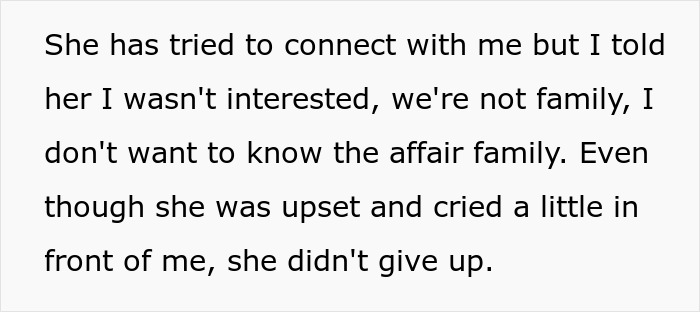
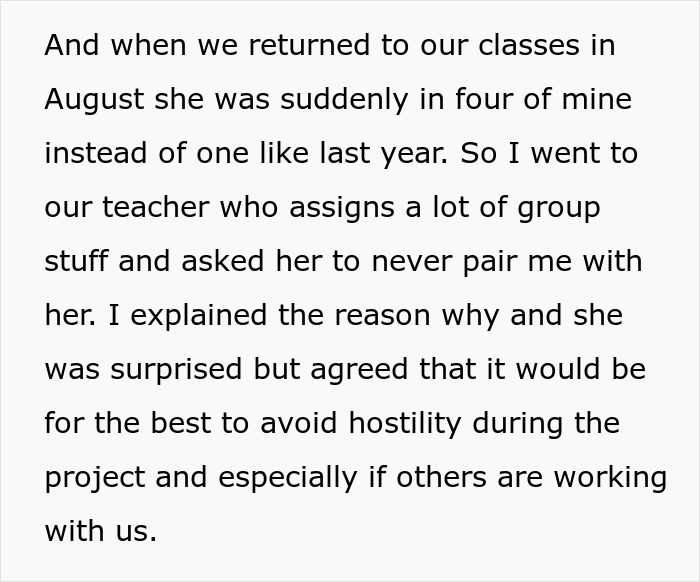
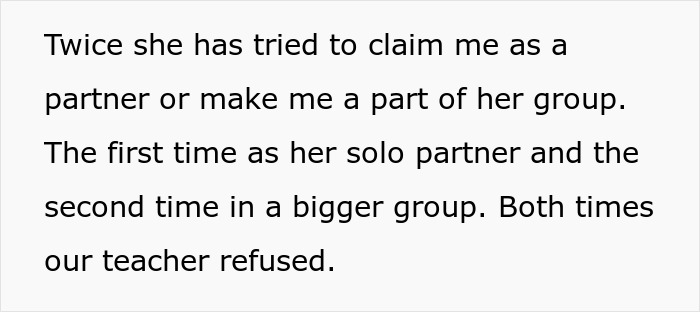
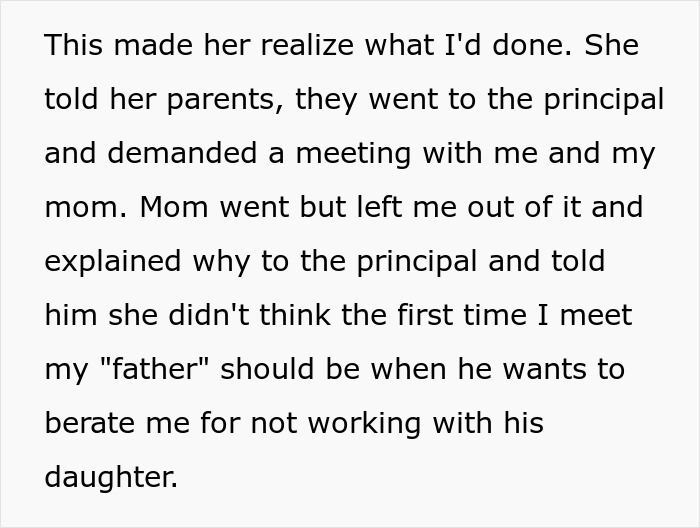

Image credits: monkeybusiness / Envato (not the actual photo)

Image credits: Careful_Will_7767
Children need their fathers, but is this really the way for the man to reappear?
Growing up without a dad sucks. But sadly, it’s quite common. 2022 data indicates that there are approximately 18.3 million children who live without a father in the US, comprising about 1 in 4 American kids. Additionally, about 80% of single-parent homes are led by single mothers.
The possible consequences of this are devastating and include diminished self-concept and compromised physical and emotional security; truancy and poor academic performance; delinquency and youth crime, including violent crime; promiscuity and teen pregnancy; drug and alcohol abuse; and poorer future relationships.
Of course, we do not know the true intentions behind the man’s reaction to the situation, but if he wanted to reconnect with his son, there are other courses that might have been more successful.
Psychologist Dr. Carl Pickhardt suggests the following strategies for parents who want to get closer to their teen:

Image credits: Image by Freepik (not the actual photo)
Bridging differences with interest: “Can you help me appreciate what you like doing now? I’d love to better understand.” The teenager is invited to teach the parent about themselves.
Inconvenient listening: “Whenever you feel like talking, I want to stop and hear whatever you have to say.” The teenager gets treated as a priority.
Household work: “Everyone pitching in with help shows how all of us support and strengthen the family.” The teenager is viewed as a contributor.
Invitations for play: “I’m always open to doing something fun together.” The teenager becomes a companion.
Cheering on: “I want you to know how appreciative and impressed I am by how you’re doing.” The teenager is welcomed as a performer.
Personal sharing: “I need you to know that I’m down because of the job, not because of you.” The teenager is addressed as a confidante.
If he wants to establish a relationship, the Redditor’s father might have fewer chances than a few years back. “The parent knows the more complicated adolescent less well than the child,” Pickhardt writes.
But that doesn’t mean he should give up. “This is not a problem to stop but a growing reality to accept. Knowing their teenager less does not mean loving or valuing them less, only that more independence and individuality is growing between them.”
As the story went viral, the teenager provided more context in the comments
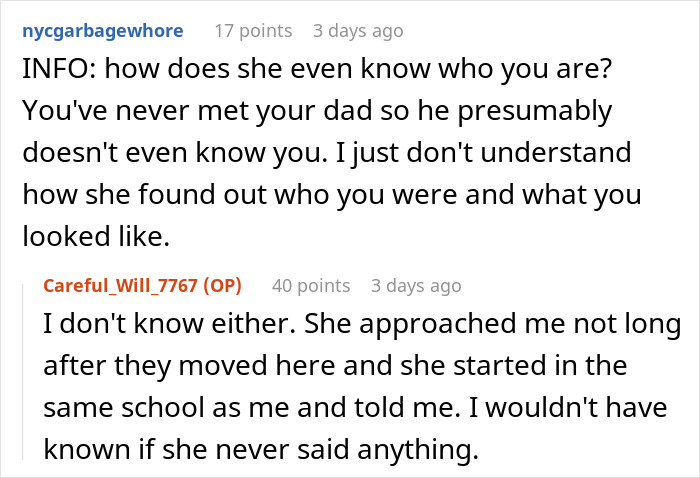
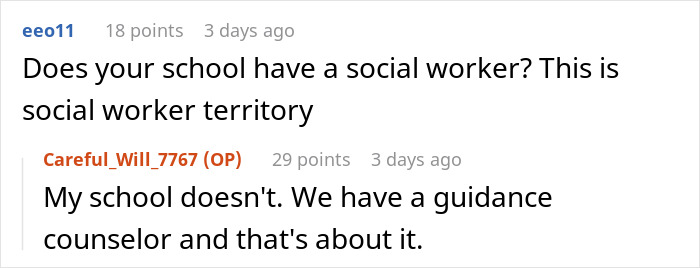

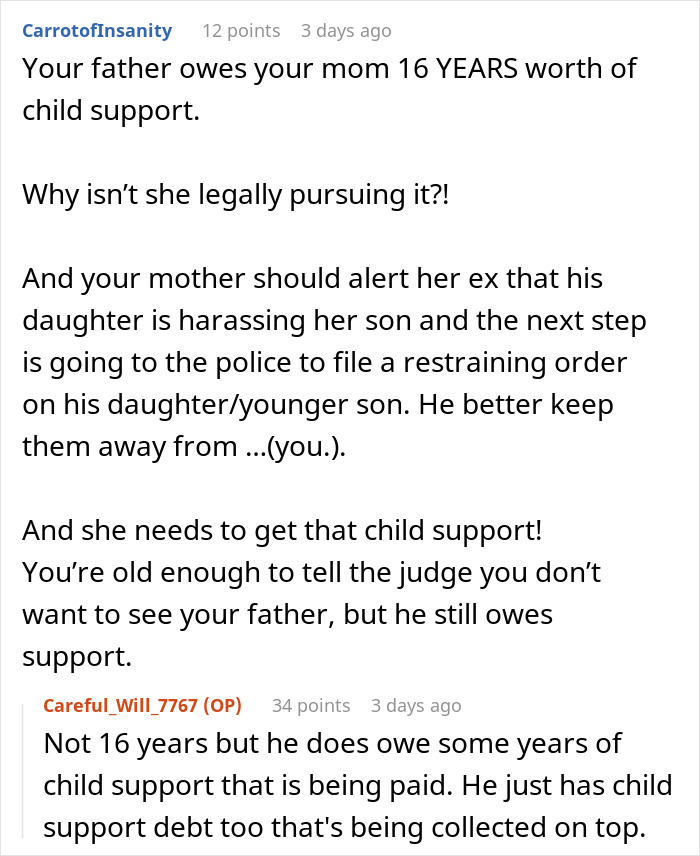
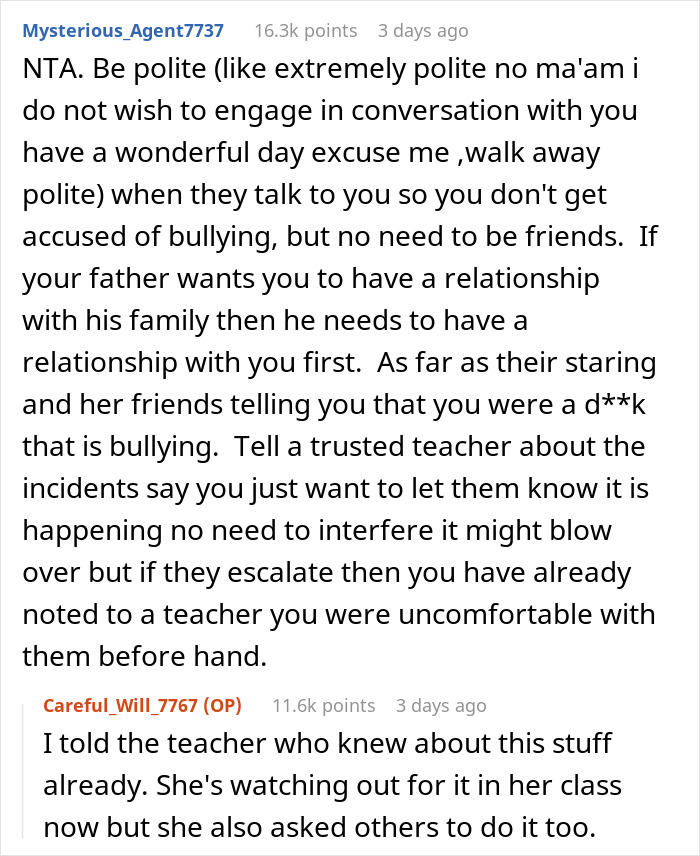
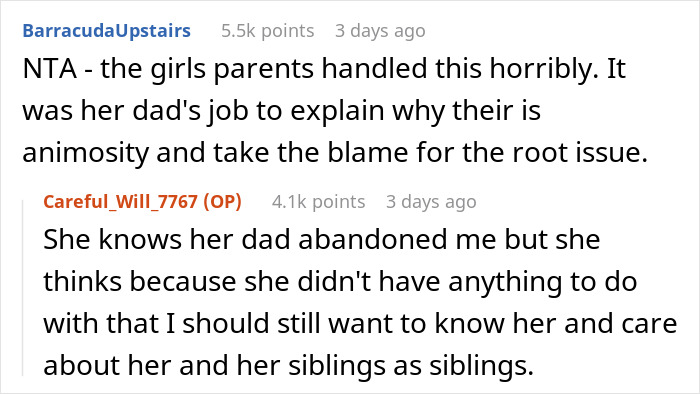
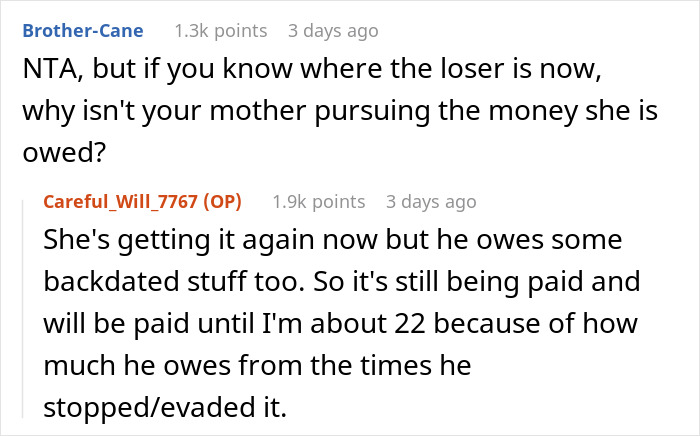

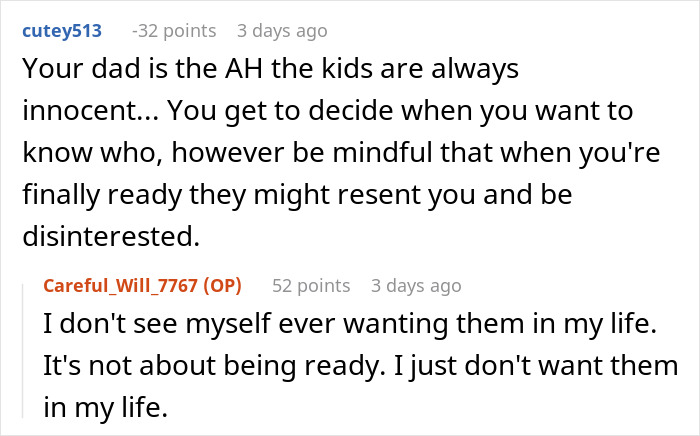
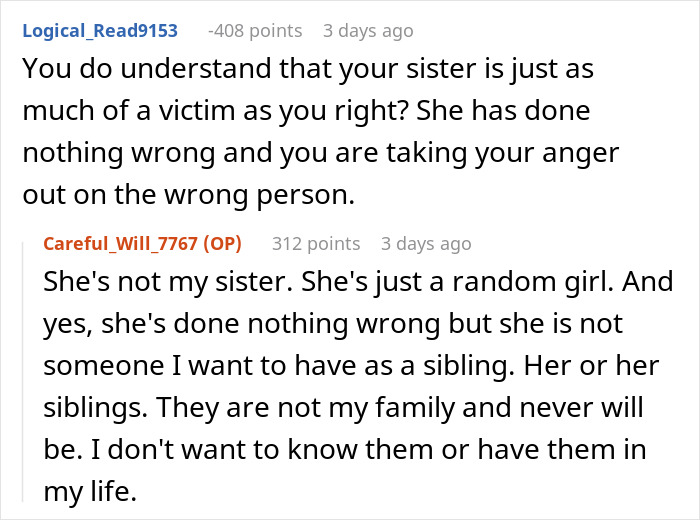
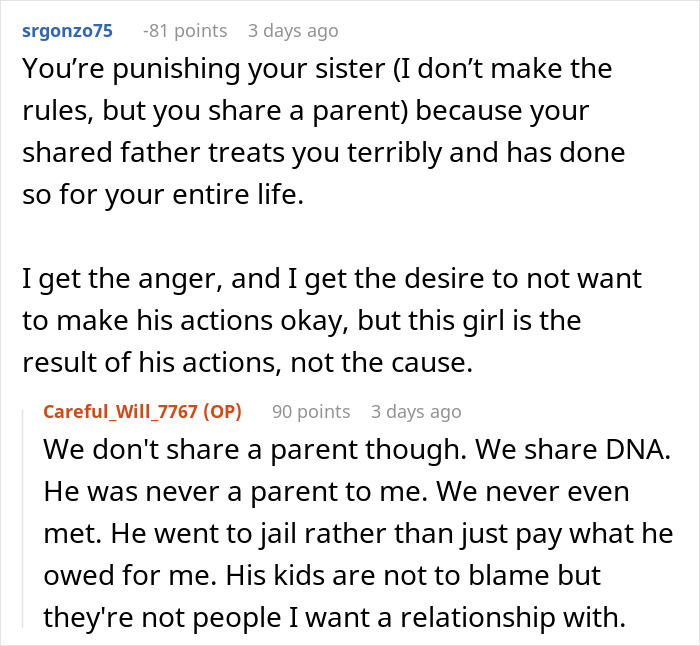
Most people said he did nothing wrong
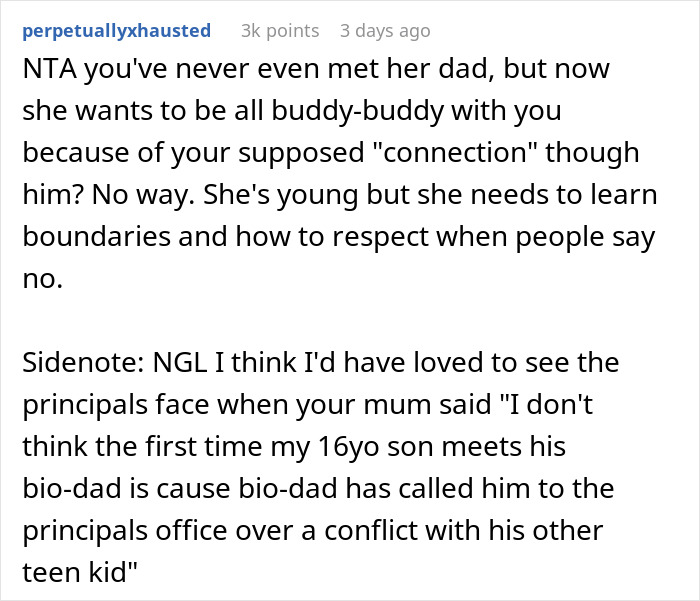
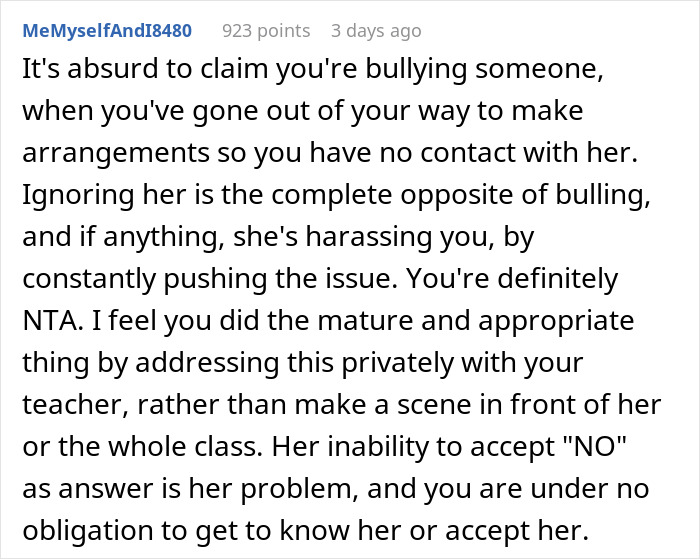
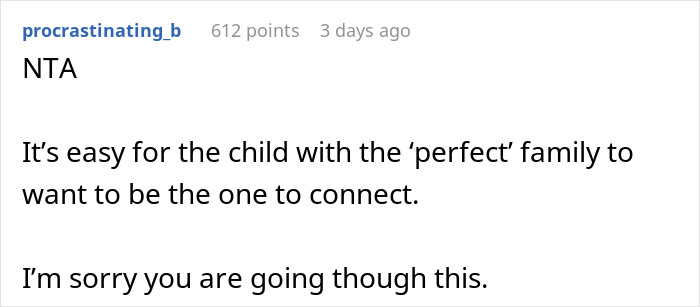
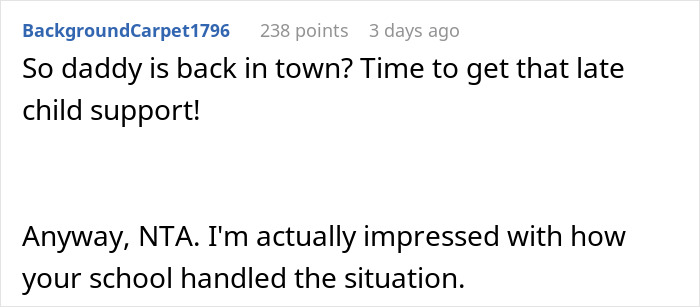
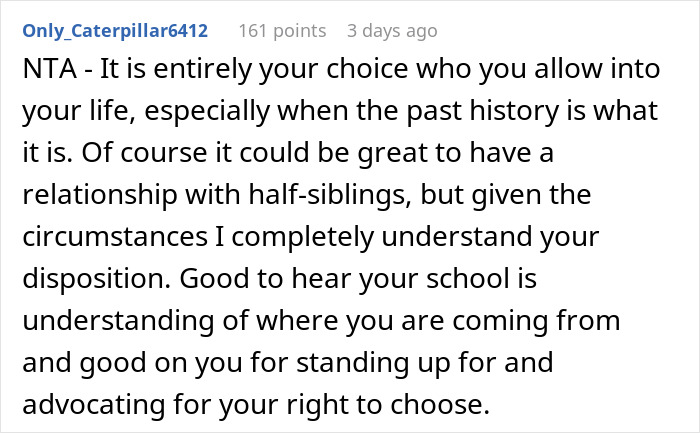
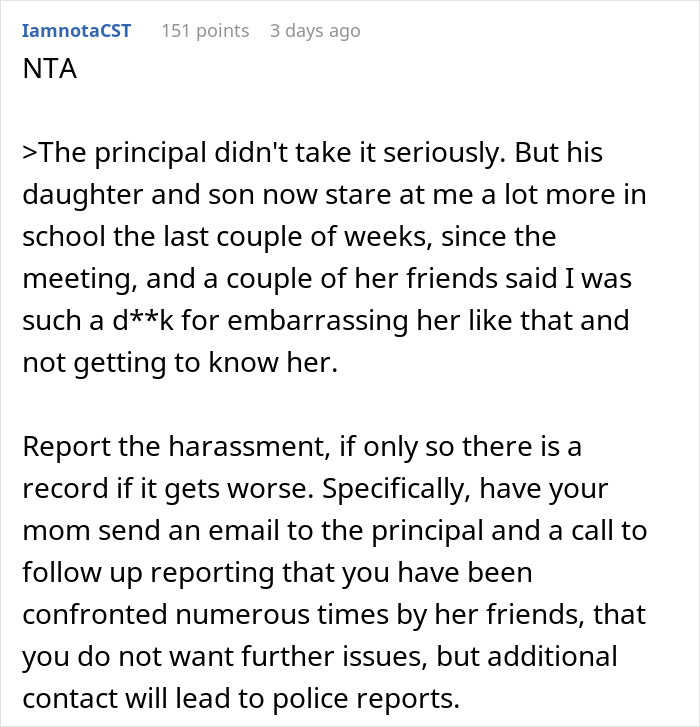
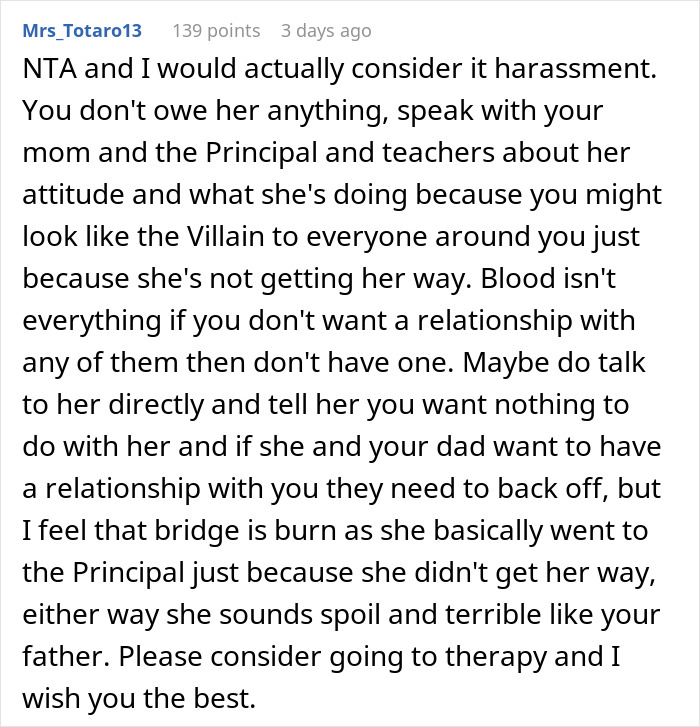

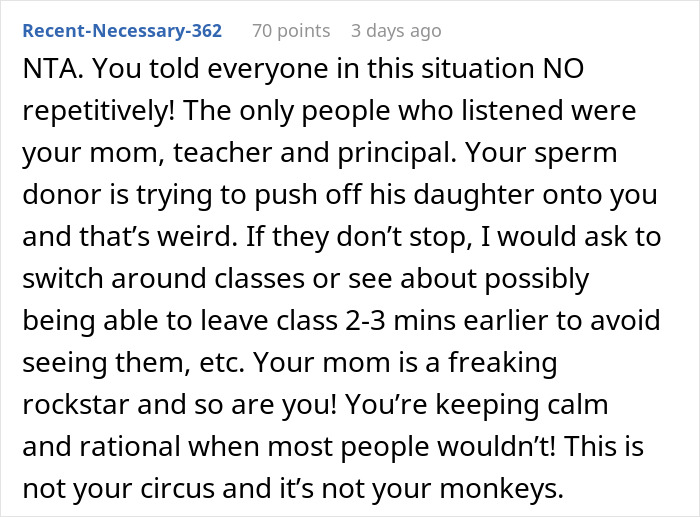
But some believe he could be more accepting of his half-sister





